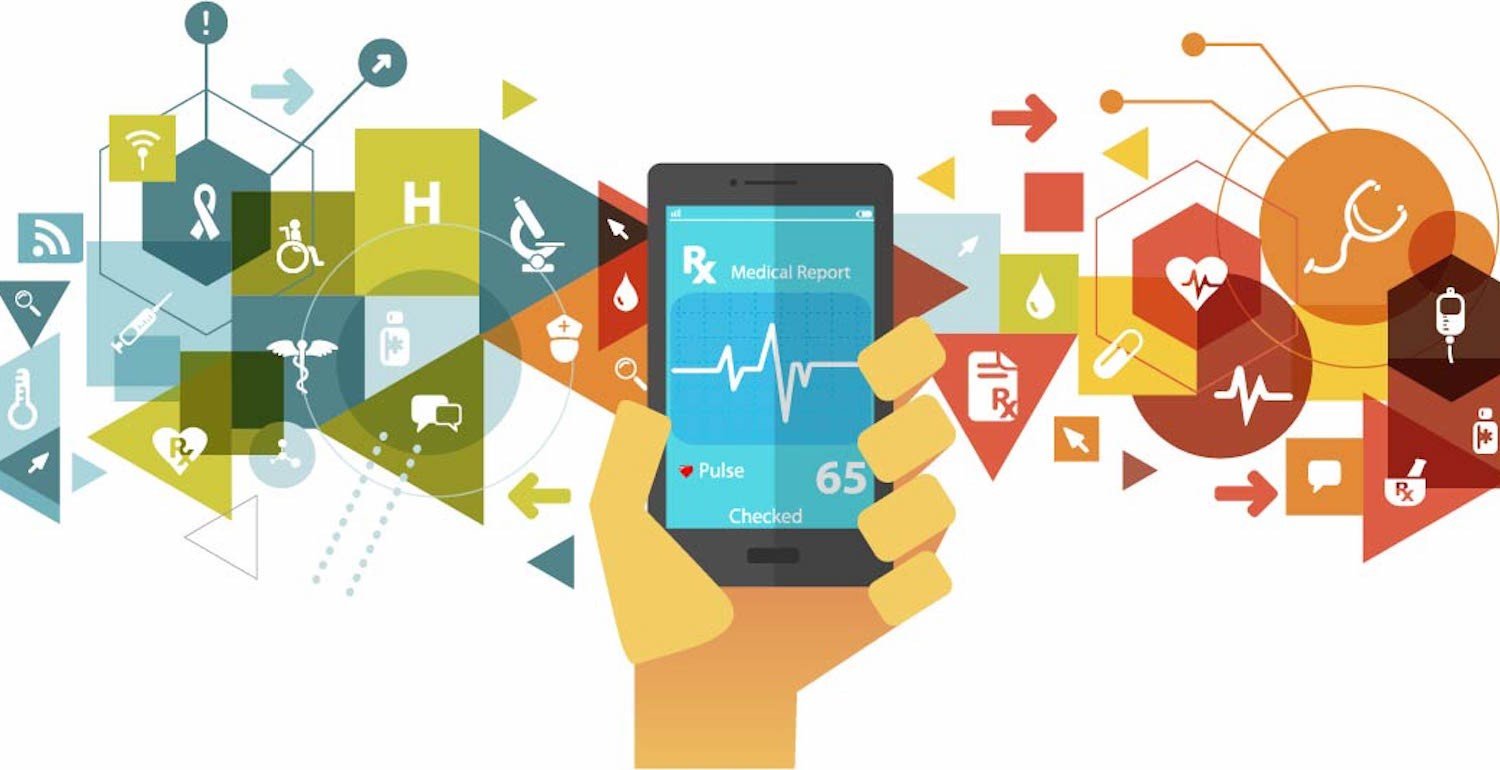
In health there are numerous data sources that contain a large amount of information related to patients, health centers and diseases. All this information are Big Data in Health and precise of a well analyzed is very useful for health professionals.
Anticipating and detecting patients at higher risk, crossing diagnoses, obtaining information on drug toxicity and research results, telemedicine at the patient’s home, are just some of the possibilities that digitization and Big Data in health offer. They are technologies capable of processing and analyzing huge volumes of information applied in health and improving even the “health” and quality of its services.
The data obtained in the health sector comes from electronic medical records, telemedicine devices, clinical tests and even wearables. All these tools provide epidemiological, nutritional, genomic data; related to what is known as Real World Data (RWD) and personalized medicine. Thanks to the analysis of all this information, it is possible to provide help in the decision-making of doctors, managers and health centers that have an impact on a better health service for patients.
The application of Big Data in Health techniques allows us to enter a layer of intelligence that is very relevant to the application of predictive models that anticipate health needs and offer health needs and more effective medical care.
The results of a pharmacological treatment of thousands of patients from around the world could be gathered in a single large-scale database that could advance in the detection of rare diseases or remotely control the evolution of chronic patients.
Using technological tools capable of analyzing huge volumes of data (more than one petabyte) from different sources (text, audio, video, etc.) and generated at high speed, we draw conclusions of great help when making diagnoses of the specialists, gathering clinical evidences impossible to obtain through the simple relational networks with which they had been working until now.
In the area of health, advances linked to the ability to generate, store and analyze large volumes of data confer the ability to develop predictive models, develop patterns of behavior, discover new needs and reduce the risks of contracting diseases, as well as providing to the patients of more personalized services.


